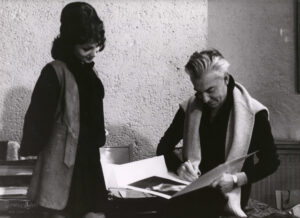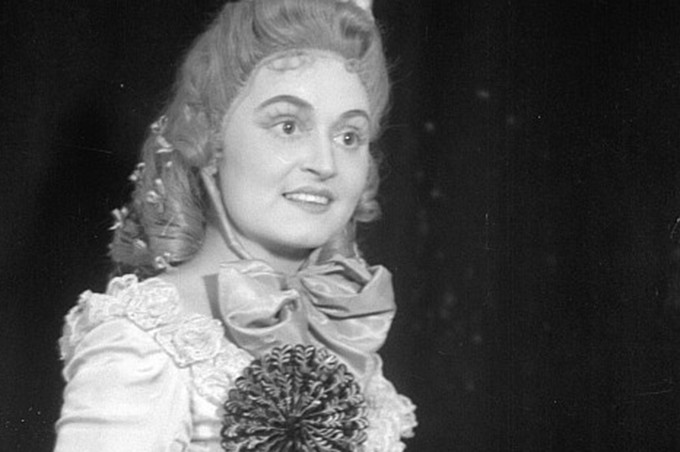26 October 2023
P.R. Jenkins
Spotlight Lehár: “The Merry Widow”
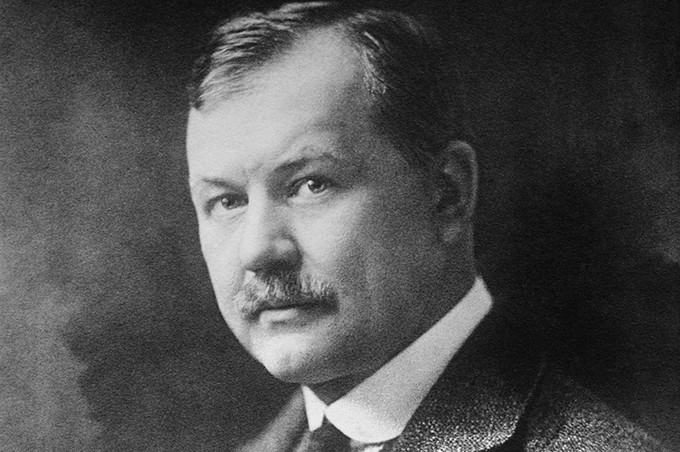
It is a strange case. Karajan conducted Franz Lehár’s “The Merry Widow” only once in his career for a recording. No live performances at all.
Elisabeth Schwarzkopf, a very fine Hanna, recorded the operetta with the Philharmonia Orchestra in 1953 and 1962. Sounds like a typical Karajan/Legge project, but Karajan wasn’t the conductor of these productions. Nevertheless, having already recorded the other “most successful operetta” (“Die Fledermaus”) twice, Karajan assembled Elizabeth Harwood, René Kollo, Teresa Stratas and Werner Hollweg and recorded “The Merry Widow” in November 1972.
“Anyone hearing how operetta sounded with Karajan and the Berlin Philharmonic will revise his verdict about operetta being second-rate. Played like this, operetta is infinite magic.”
René Kollo
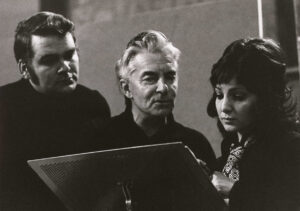
For Elizabeth Harwood as Hanna it was the second trip with Karajan to belle-époque Paris within a month – in October she had been Musetta in his legendary “La Bohème” recording. Harwood, “whom he adored (Osborne)”, worked with Karajan between 1972 and 1976. Apart from the two studio recordings, she appeared in Bach’s B Minor Mass and 23 times in Mozart’s “Figaro”. Elizabeth Harwood died of cancer in 1990, only 52 years old.
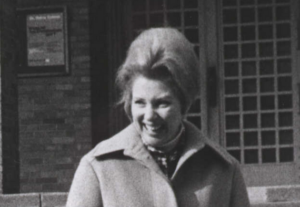
The Danilo, René Kollo, was a singer who was especially admired for his Wagner roles, with Karajan he interpreted Stolzing and Lohengrin (in the story about him you can read what happened to him during the “Merry Widow” recording sessions).
Although Karajan conducted “The Merry Widow” very rarely, he still thought of it to be the best piece for a young conductor looking to improve his skills with an orchestra. Christian Thielemann said in an interview in 2020 about his early years as Karajan’s assistant:
Thielemann: “… and then he [Karajan] told me about ‘The Merry Widow’. I was really surprised because I could have imagined anything else, but not ‘The Merry Widow’, which I didn’t know at that time and – to be honest – I knew the title and I thought that’s not only second-rate, it’s really bad. That’s not suitable for me. But he said to me: ‘If you can conduct the Widow and Bohème, then you can conduct practically everything.’”
The interviewer: “Was he right?”
Thielemann: “Yes.”
Karajan’s 1960 “Fledermaus” recording is a very special one because of the gala scene in the second act with ten star guests: Renata Tebaldi had a “cameo” with the “Vilja Song” from “The Merry Widow” (in Italian).
Teresa Stratas got an autograph by Karajan
